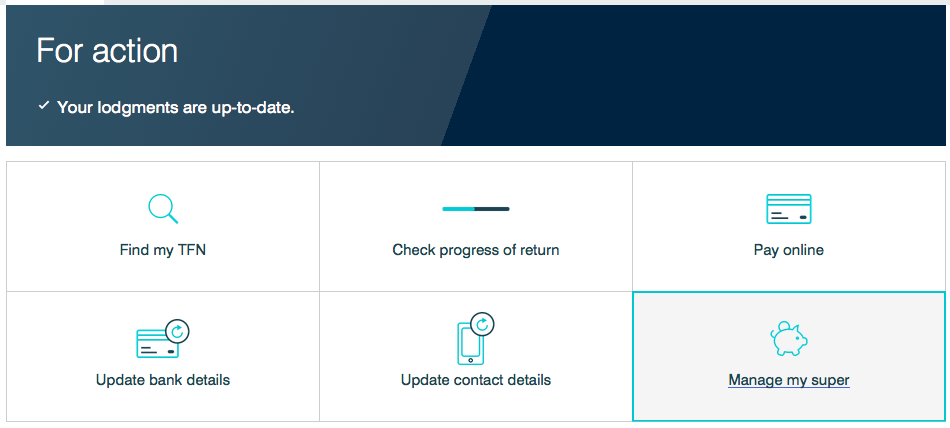Ok, so selling a kidney is probably a little extreme (and I don’t know what the going price for a black market organ is), but before you go raiding your super, exhaust every other avenue first. Every avenue.
First you should get in touch with your lenders for any and all debts you have and ask for a repayment holiday. This should give you at least a couple of months breathing space. If you’re renting, ring the landlord/real estate agent ASAP and ask for a rent-free stay. Even if it means they would like you to paint the ceiling in exchange. Just because the premier/chief minister in your state/territory has said that all renters will be protected doesn’t mean you shouldn’t extend a hand of goodwill to the landlord.
Then you should do a search for any unclaimed money you may have that you don’t even know about. Yeah, there’s only a small chance that you will come across a windfall this way, but there’s $1.1 billion that remains unclaimed in Australia so it’s worth having a look.
If you find yourself sitting at home with bugger all to do, use it to clean your place up. You may have an exercise bike or massage table you haven’t used in years – clean it up and put it online. Even a couple of bucks is better than nothing.
If you are eligible, apply for JobSeeker or ask your employer if they have applied for JobKeeper.
Spend every dollar like it’s the last you will have in your wallet for a long time. If you have never bought the cheapest brands at the supermarket, now is a good time to start.
Get creative. Own a mower? Doorknock the neighbourhood to see if you can mow some lawns for a few dollars. Look into delivering pamphlets. If you live near a farm, enquire if they have any picking jobs going. There are still some work opportunities out there if you can think outside the box. It may involve doing the sorts of jobs you would never ordinarily think of doing, but these are not ordinary times.
Only after exhausting all the above should you even think about starting to look into accessing your super. Due to the effects of compounding, the setback to your balance at retirement of taking out $20,000 is huge.
Vanguard calculated that a 27 year old would be more than $200,000 worse off at retirement if they withdrew 20 grand now. And those calculations are based on returns to that hypothetical super fund of just 6% – the balanced option. Returns on growth options of 8-10% would be significantly higher.







